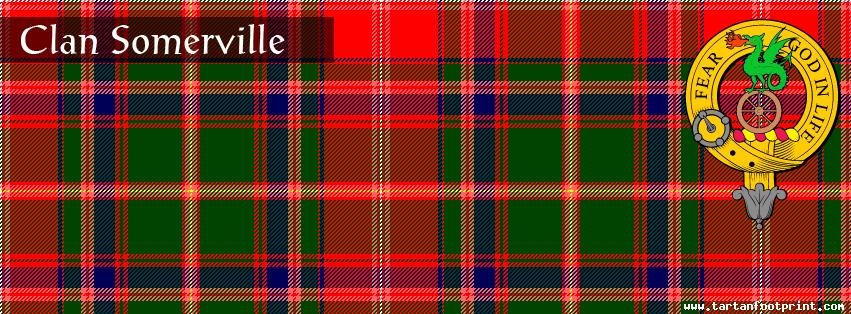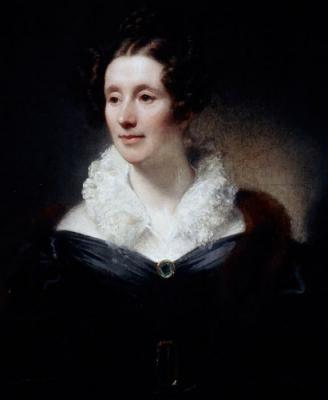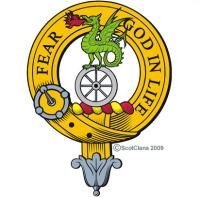
Clan Somerville
Clan Somerville People
Mary Somerville (26 December 1780 - 28 November 1872)
Mary Somerville was a writer and polymath whose writings influenced the likes of John Couch Adams, and fellow Scot James Clerk Maxwell.
Born in 1780 at the manse house in Jedburgh in the Borders, Mary was the daughter of Irish Vice-Admiral William George Fairfax, and the Scottish Margaret Charters, who was related to a number on the prominent houses of Scotland.
Mary spent her childhood at the family home in Burntisland in Fife, and she grew-up in a time when giving girls an education equivalent to that of boys was not only deemed unnecessary, but also strong discouraged by some. At the age of 10 Mary was sent by her father to spend a year at Miss Primrose's Boarding school in Musselburgh where she had neither a good time, nor given a good education. Mary was determined to get some sort of education and so would read whatever books she could find in her home, however members of her family criticised her for it, claiming it to be an unladylike use of time. However, an uncle in Jedburgh did strongly support her educational ambitions, and he taught her Latin, describing her as an eager student. Mary also managed to get unofficial tutoring at the same time as her brother after his private teacher was impressed by Mary's self-taught knowledge.
Mary's family had a winter home in Edinburgh, and whilst in Edinburgh Mary studied art with the landscape and portrait painter Alexander Nasmyth. He taught her about perspective, and this inspired Mary to get a hold of a copy of Euclid's Elements of Geometry, from which she began to teach herself about the geometry.
In 1812 Mary married Dr William Somerville (1771–1860) who was an inspector of the Army Medical Board, and he encouraged and greatly aided her in the study of the physical sciences. It was during this time that began making the acquaintance of a number of the eminent scientists of the era, and in such circles her work came to much greater attention. Somerville began to get a number of her works published, and in 1835, along with Caroline Herschel, they became the first women to become members of the Royal Astronomical Society.
Mary Somerville's writing was largely praised for its succinct style, as well as for the underlying enthusiasm for the subject. At the age of 65 she began to recieve a pension of £300 from the government, and three years later Mary and her husband moved to Italy, where they would spend the rest of their lives.
Mary was a supporter of female suffrage, and signed John Stuart Mill's, ultimately unsuccessful, petition for the female vote in 1868.
Mary Somerville died in Napels on the 28th of November, 1872, just a month shy of her 92nd birthday.








